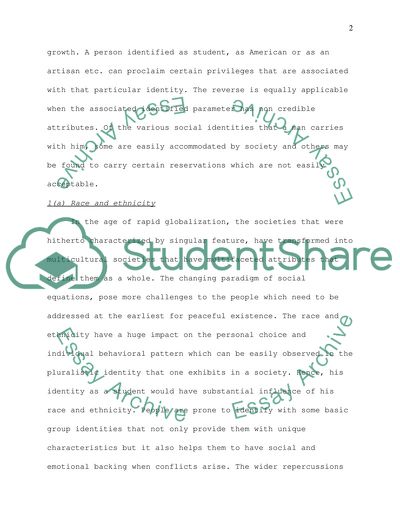Cite this document
(Social Identity Essay Example | Topics and Well Written Essays - 1250 words, n.d.)
Social Identity Essay Example | Topics and Well Written Essays - 1250 words. https://studentshare.org/sociology/1712388-critically-explore-meanings-and-implications-of-claiming-one-social-identity
Social Identity Essay Example | Topics and Well Written Essays - 1250 words. https://studentshare.org/sociology/1712388-critically-explore-meanings-and-implications-of-claiming-one-social-identity
(Social Identity Essay Example | Topics and Well Written Essays - 1250 Words)
Social Identity Essay Example | Topics and Well Written Essays - 1250 Words. https://studentshare.org/sociology/1712388-critically-explore-meanings-and-implications-of-claiming-one-social-identity.
Social Identity Essay Example | Topics and Well Written Essays - 1250 Words. https://studentshare.org/sociology/1712388-critically-explore-meanings-and-implications-of-claiming-one-social-identity.
“Social Identity Essay Example | Topics and Well Written Essays - 1250 Words”. https://studentshare.org/sociology/1712388-critically-explore-meanings-and-implications-of-claiming-one-social-identity.


